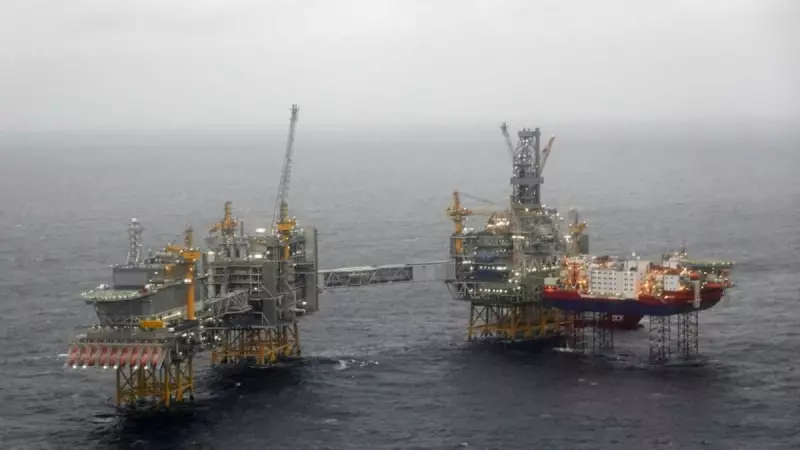
In a dramatic turn of events that has sent shockwaves through global energy markets, Norway's state-owned energy behemoth Equinor has reported a devastating quarterly loss of $251 million. This stunning reversal comes as Nigerian crude oil prices experience a significant downturn, creating ripples across international markets.
The Numbers Tell a Troubling Story
The financial results reveal a sharp contrast to the same period last year, when Equinor celebrated a healthy $2.52 billion profit. This dramatic swing from black to red ink underscores the volatile nature of today's global energy landscape.
Company executives pointed to several key factors behind this disappointing performance:
- Plummeting Nigerian crude oil prices that have undercut profit margins
- Reduced trading opportunities in volatile market conditions
- Lower prices for liquid products across key markets
- Weakened gas trading results compared to exceptional previous performance
What This Means for Nigeria's Oil-Dependent Economy
For Nigeria, Africa's largest oil producer and economy, Equinor's financial troubles serve as a stark warning. The declining value of Nigerian crude directly impacts government revenue and foreign exchange earnings at a time when the nation can least afford it.
The situation highlights the urgent need for economic diversification beyond oil dependence. As global energy transitions gain momentum, Nigeria's traditional revenue streams face increasing pressure from renewable alternatives and shifting market dynamics.
Industry-Wide Implications
Equinor's financial performance reflects broader challenges facing international energy companies operating in African markets. The combination of price volatility, trading difficulties, and market uncertainty creates a perfect storm that could affect other major players in the region.
Industry analysts are watching closely to see if this represents a temporary setback or the beginning of a more sustained downturn in African energy investments.
As global energy markets continue their unpredictable dance, all eyes remain on how major players like Equinor will navigate these turbulent waters and what it means for oil-dependent economies like Nigeria's future stability and growth prospects.





